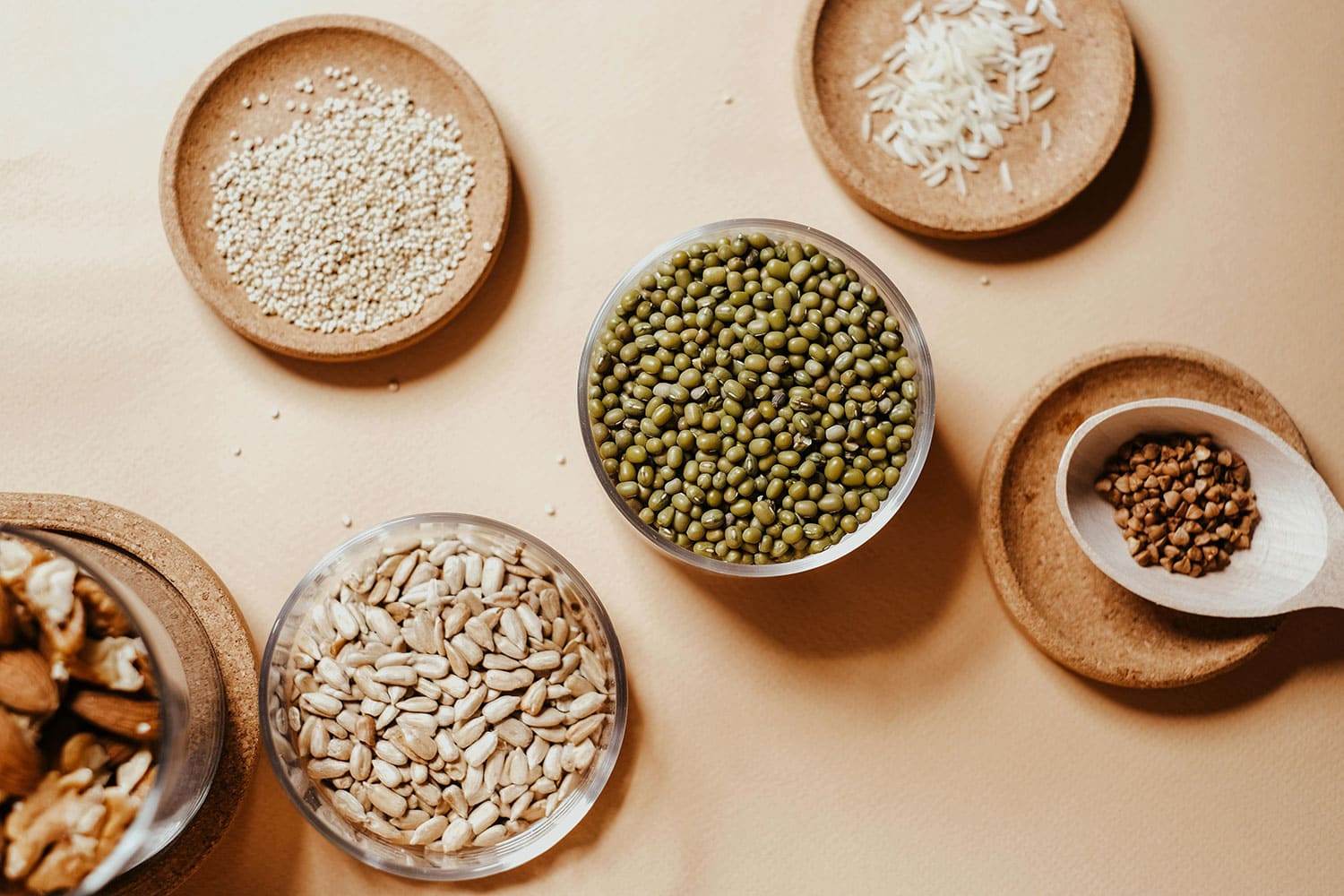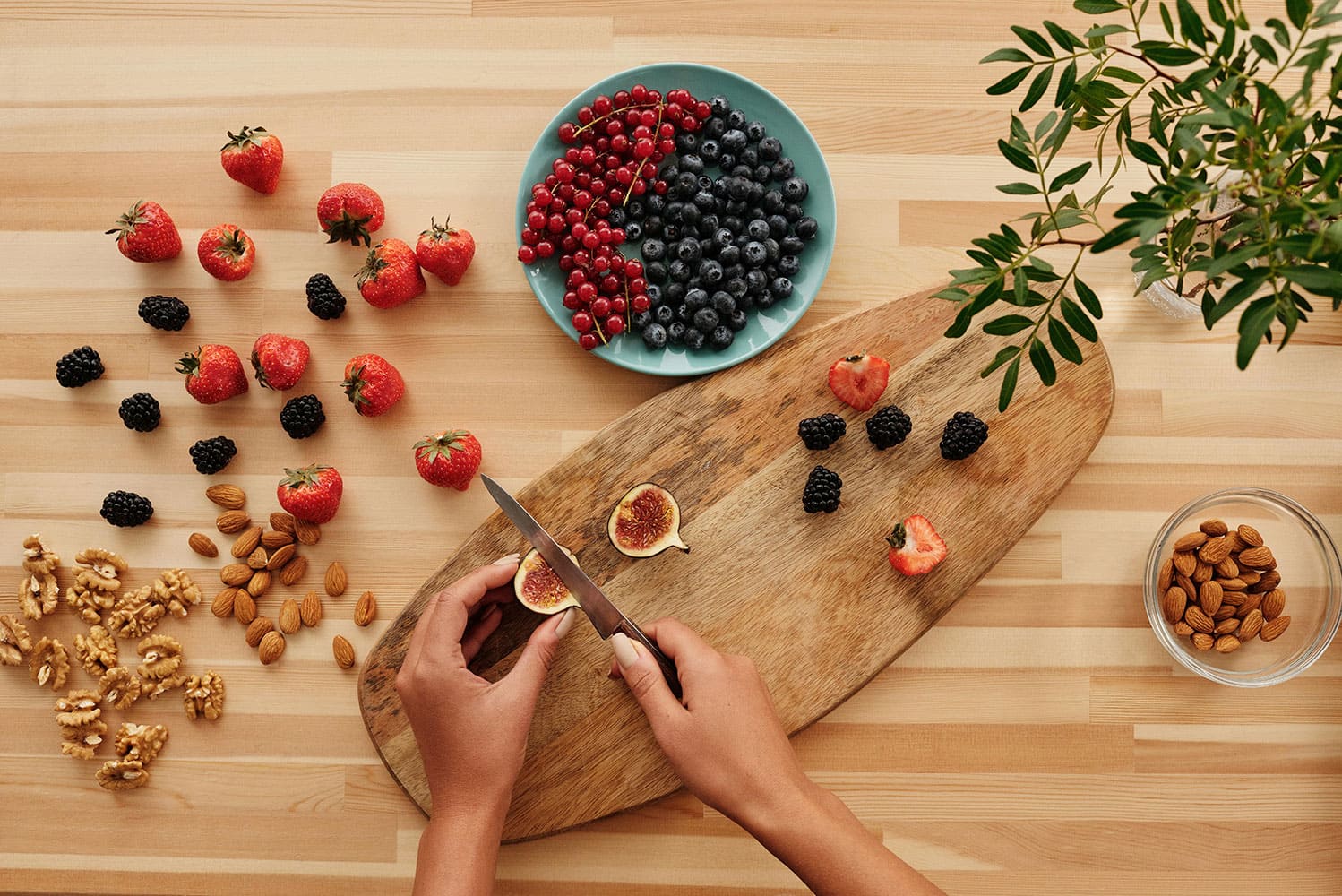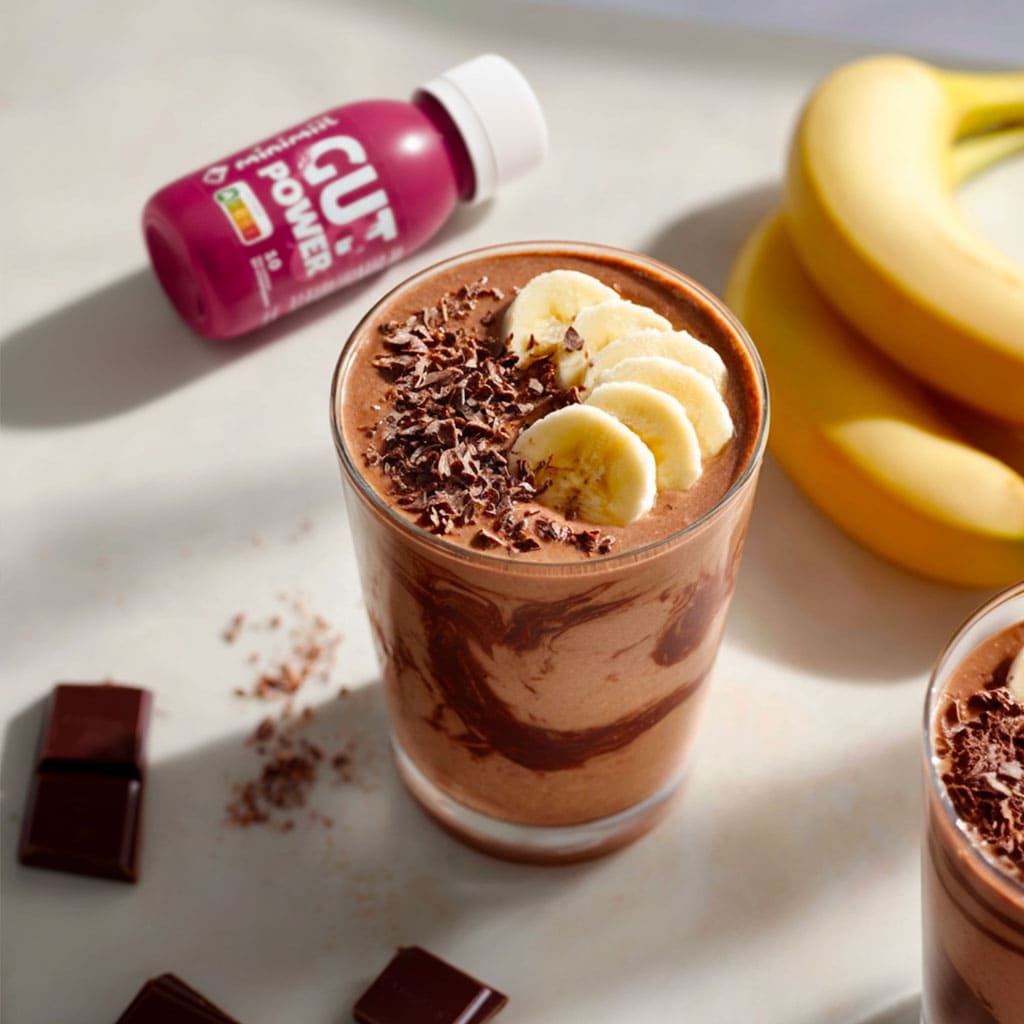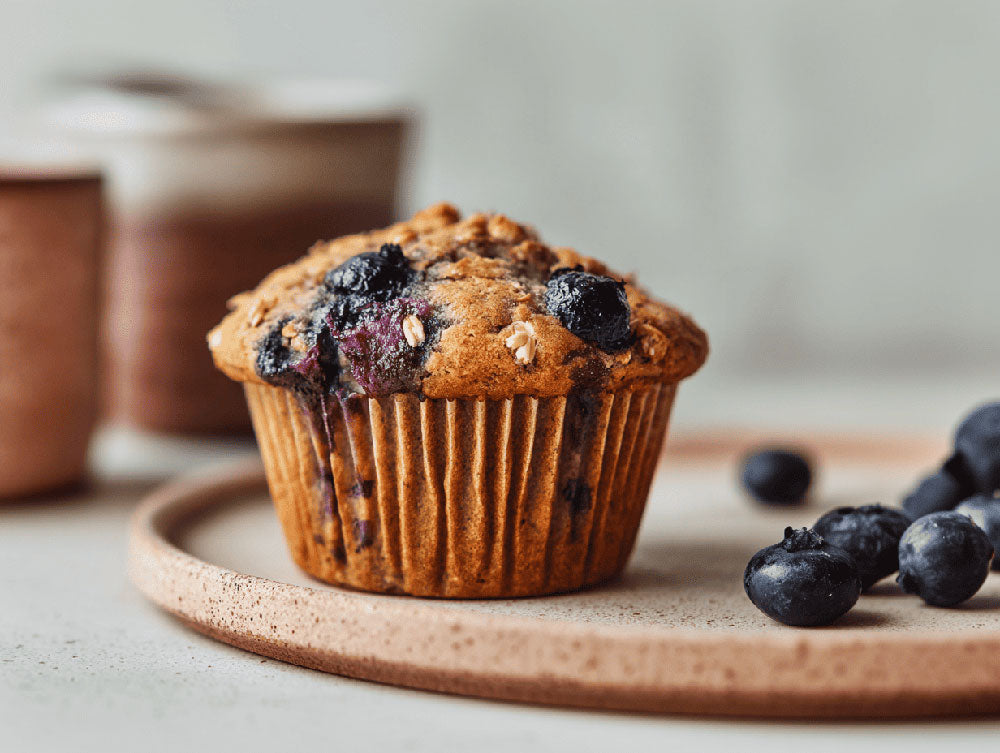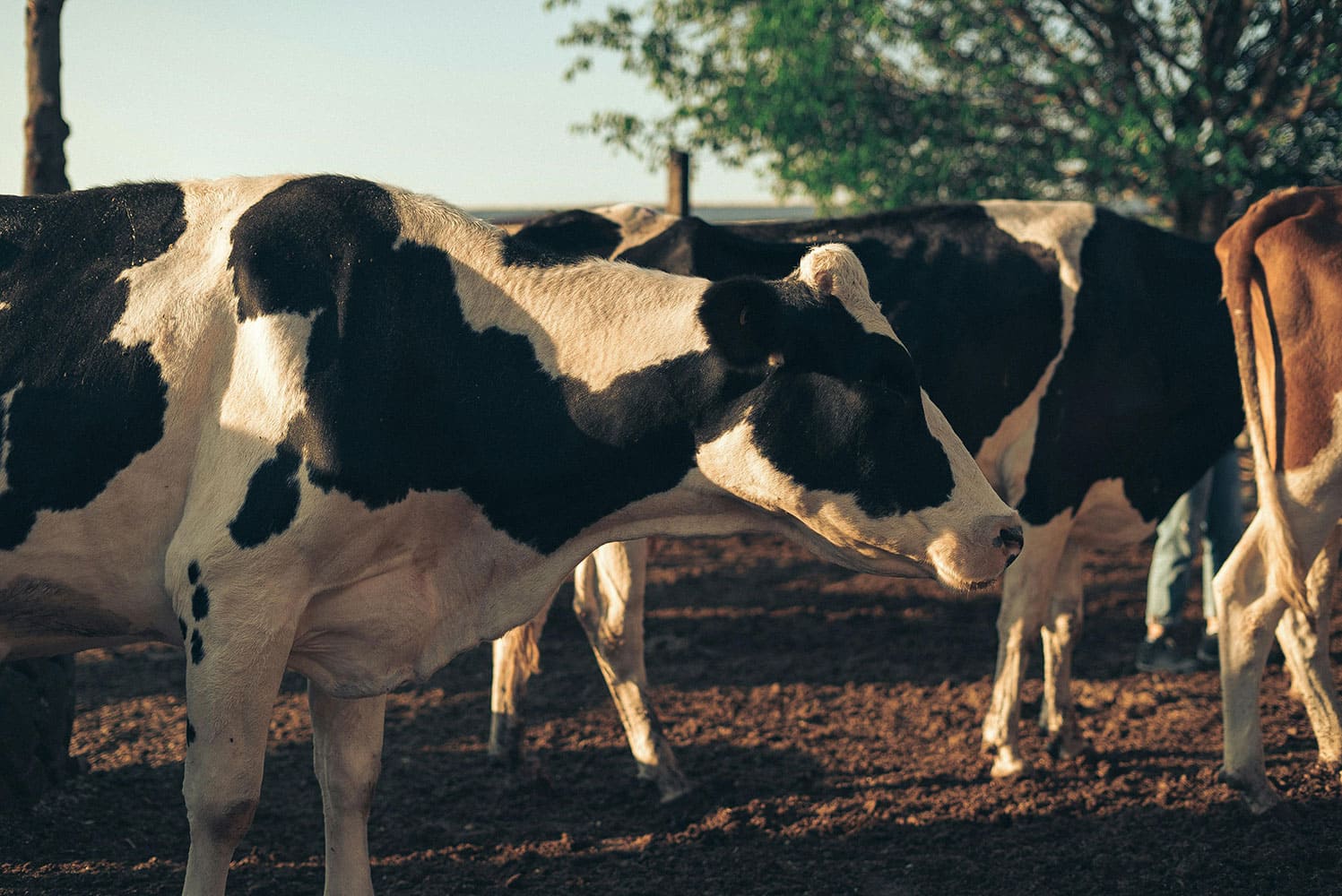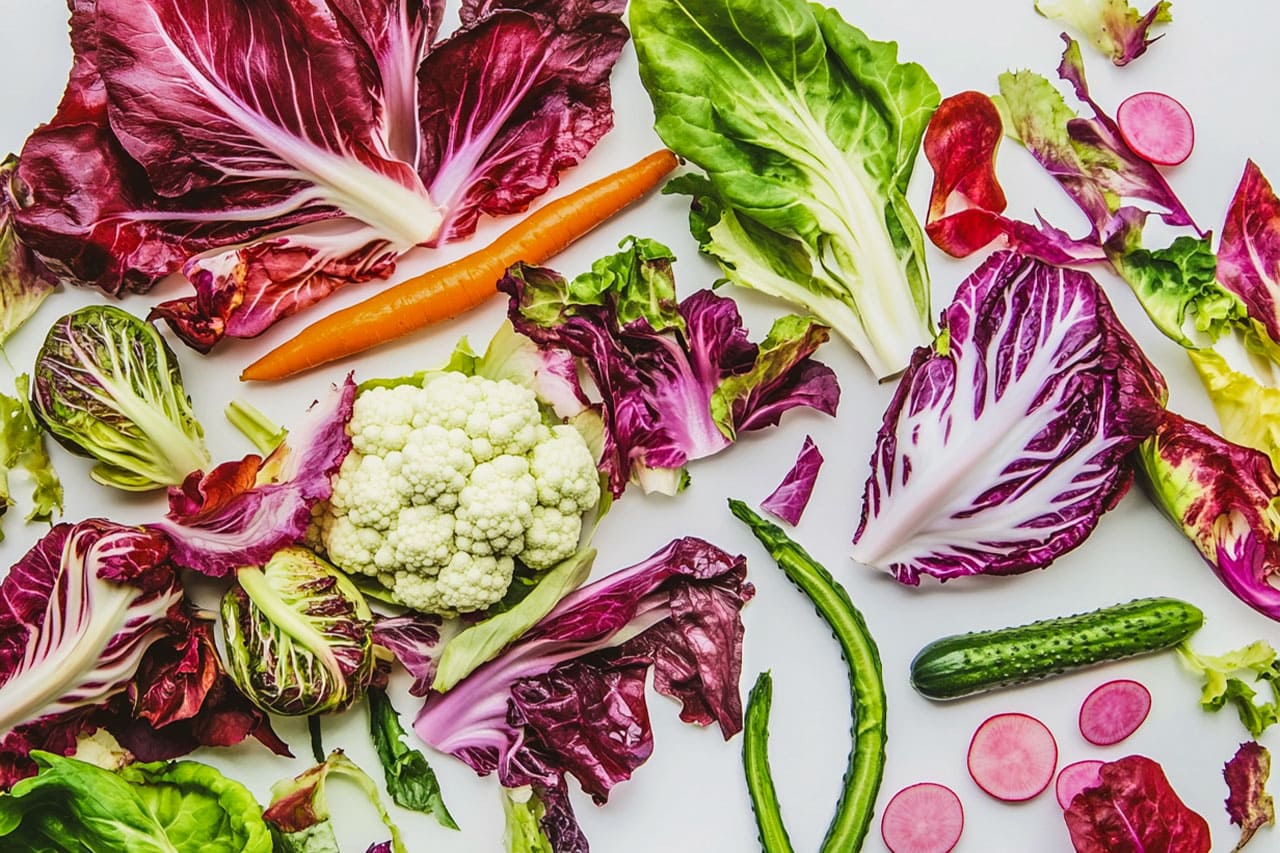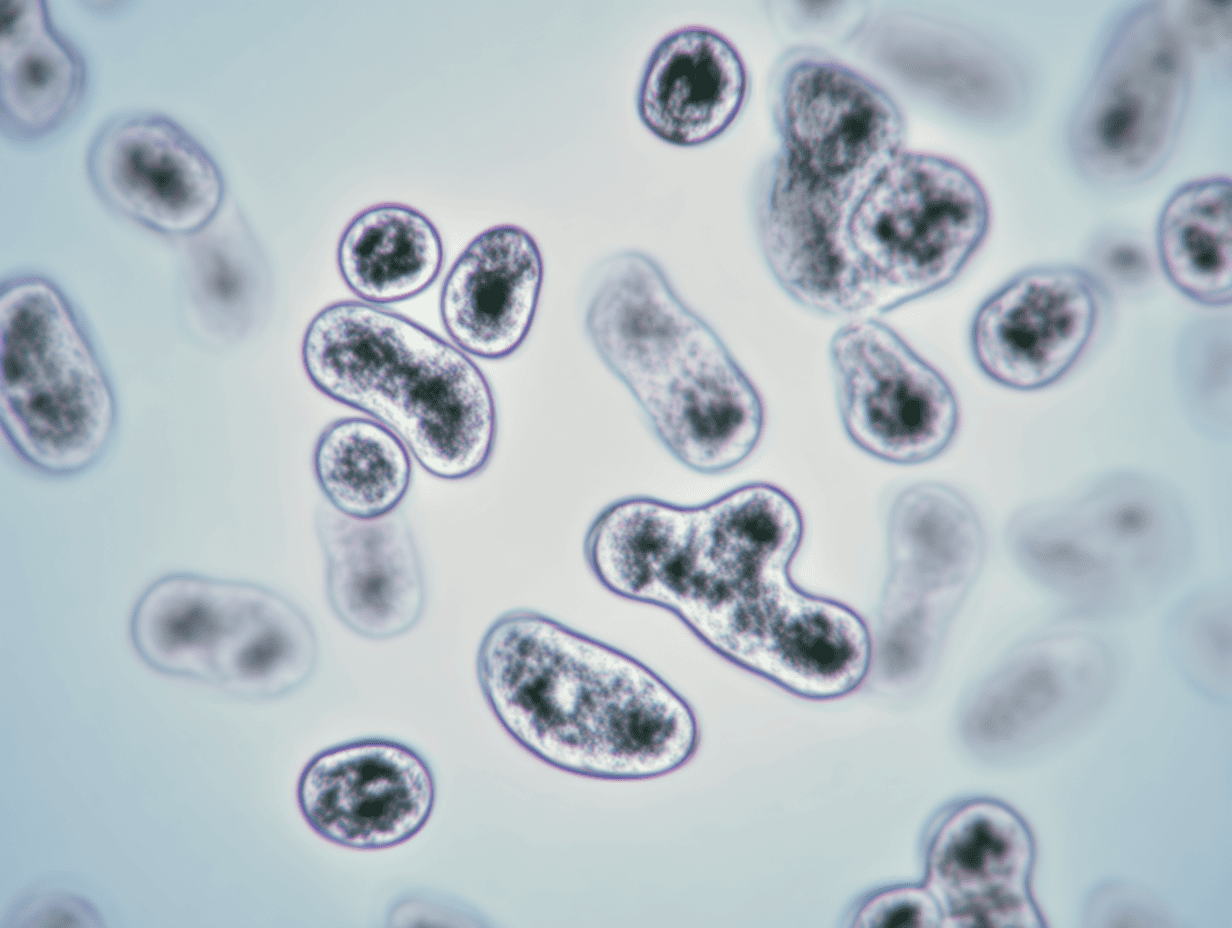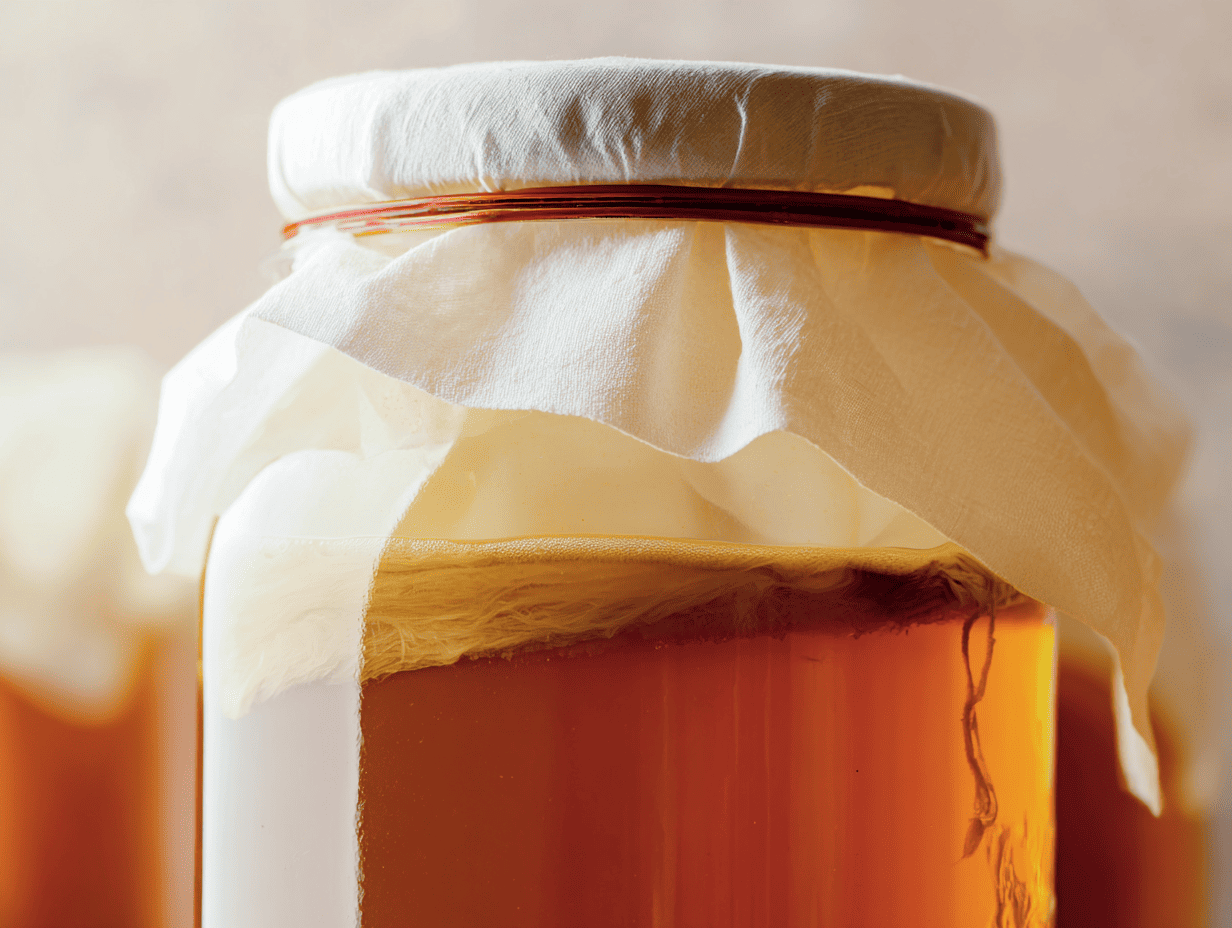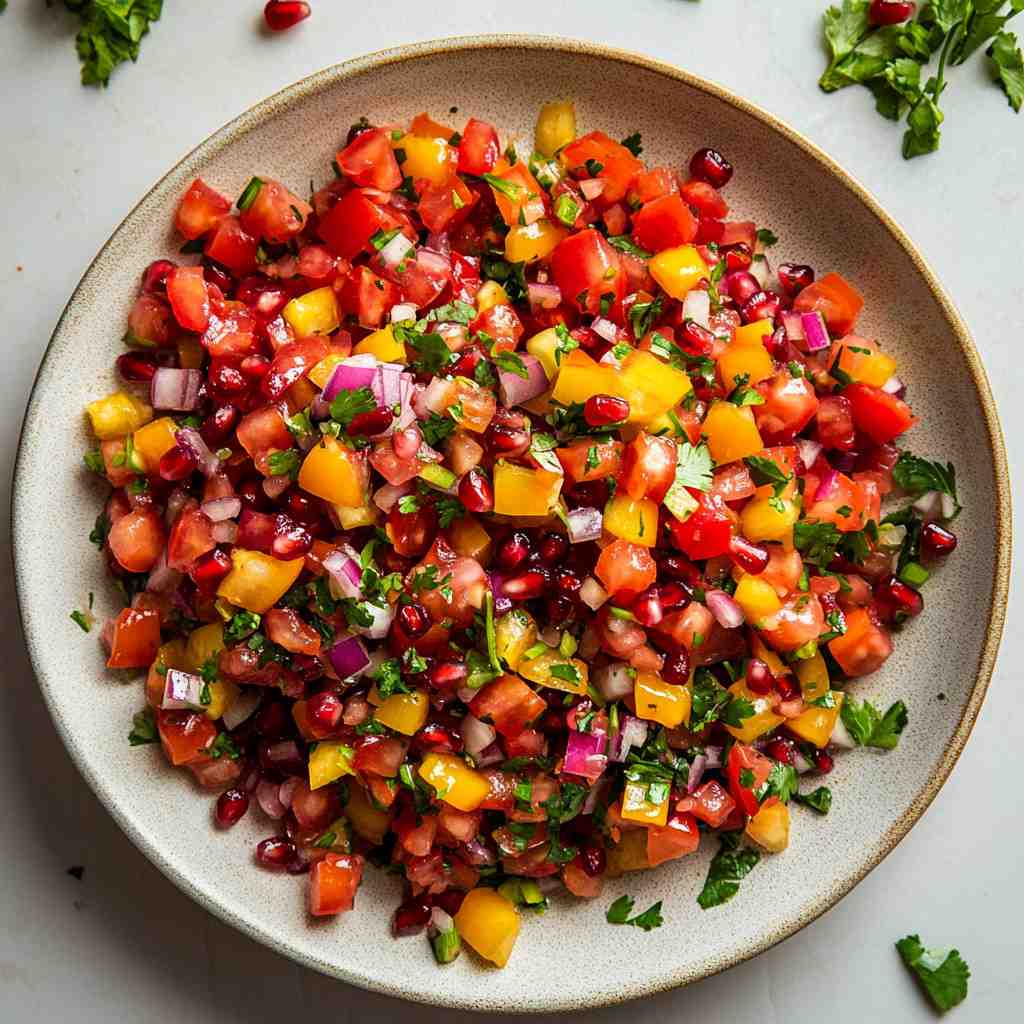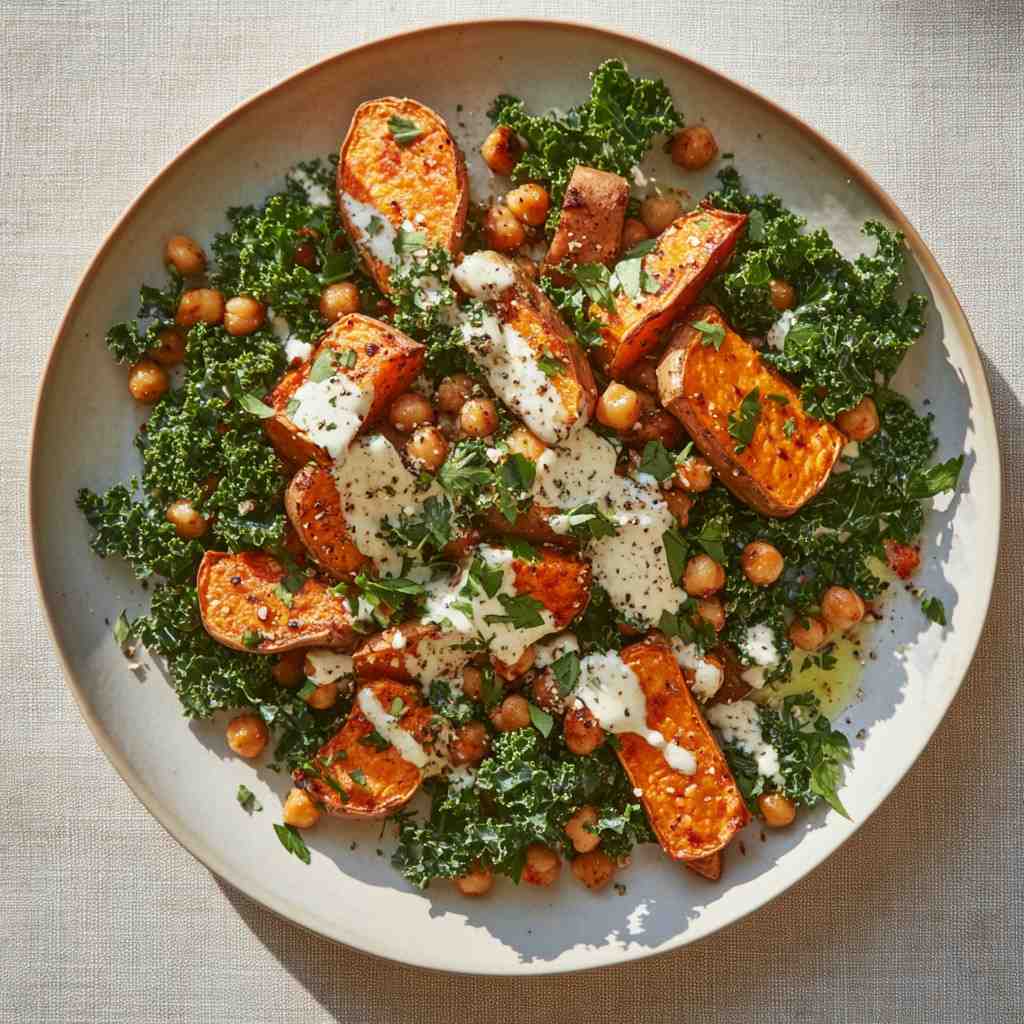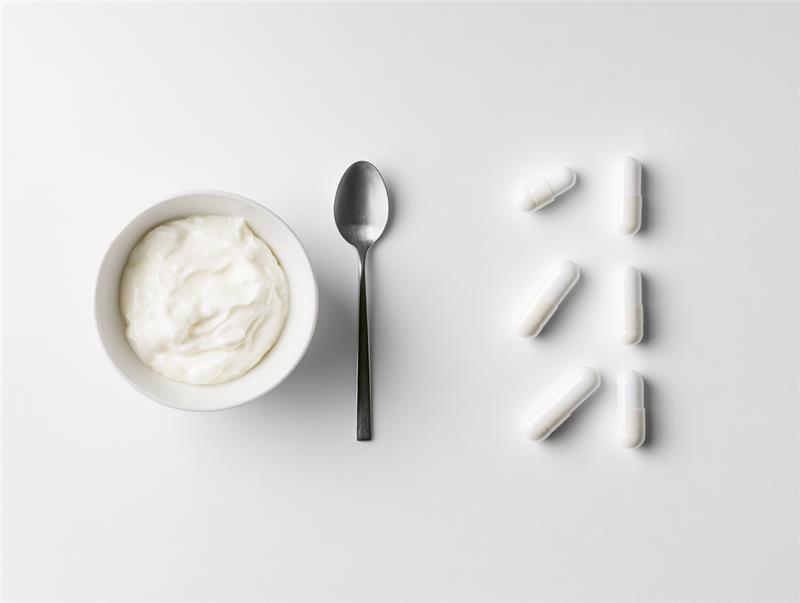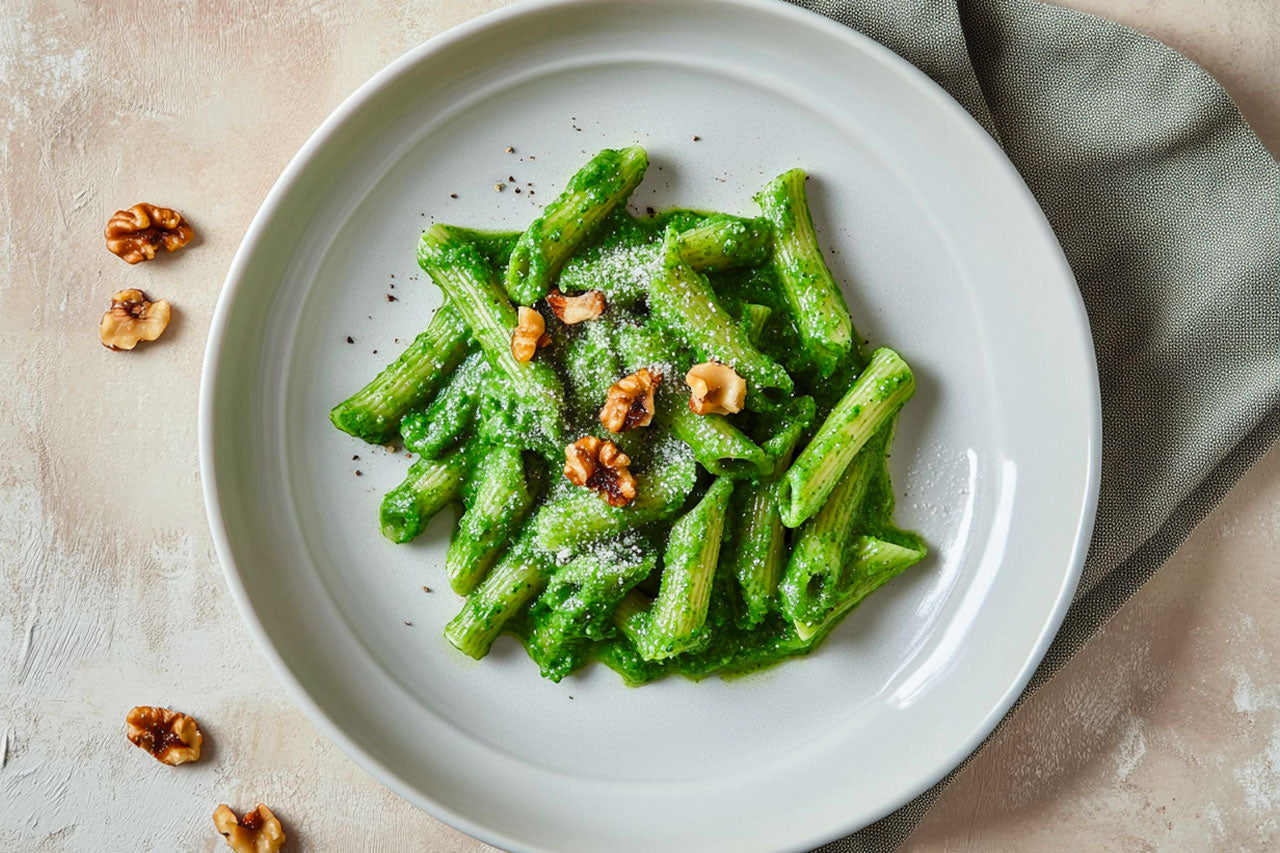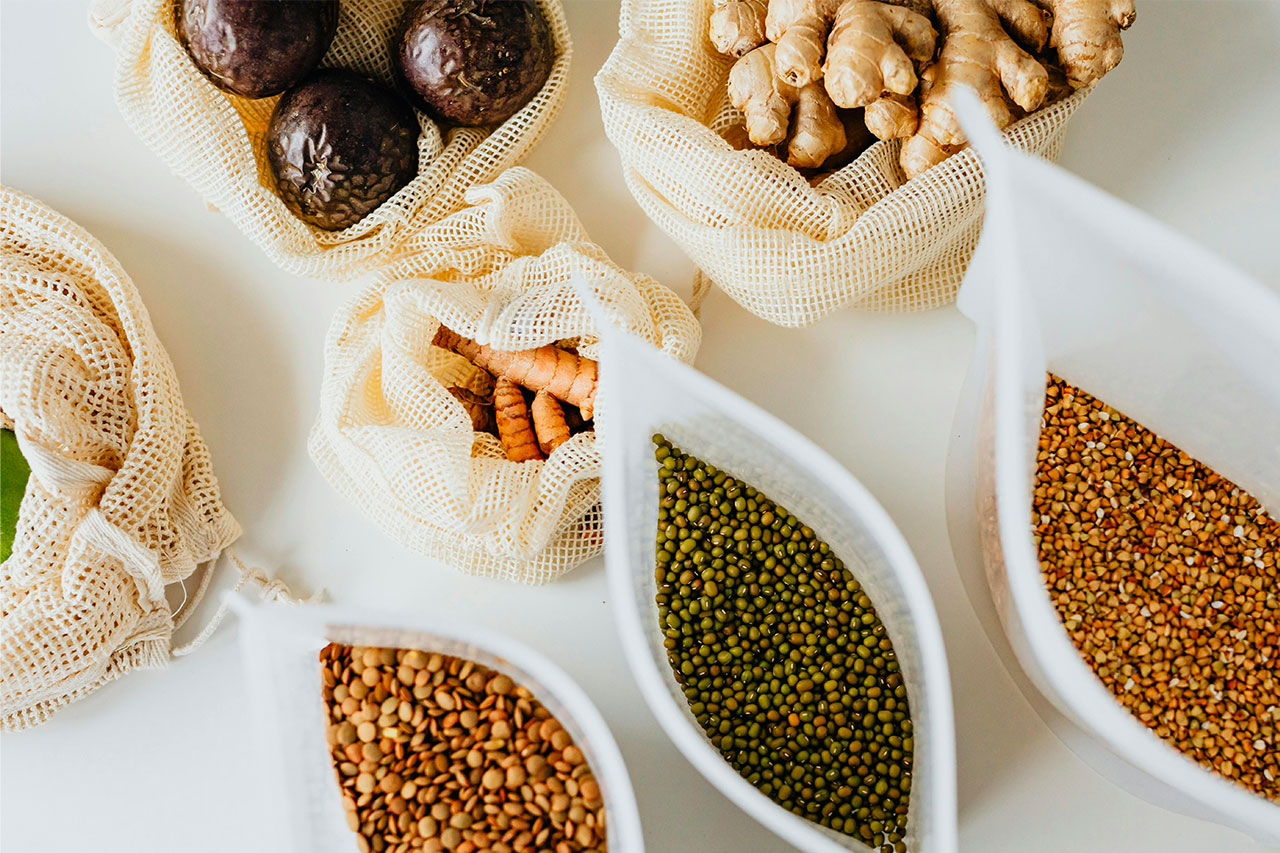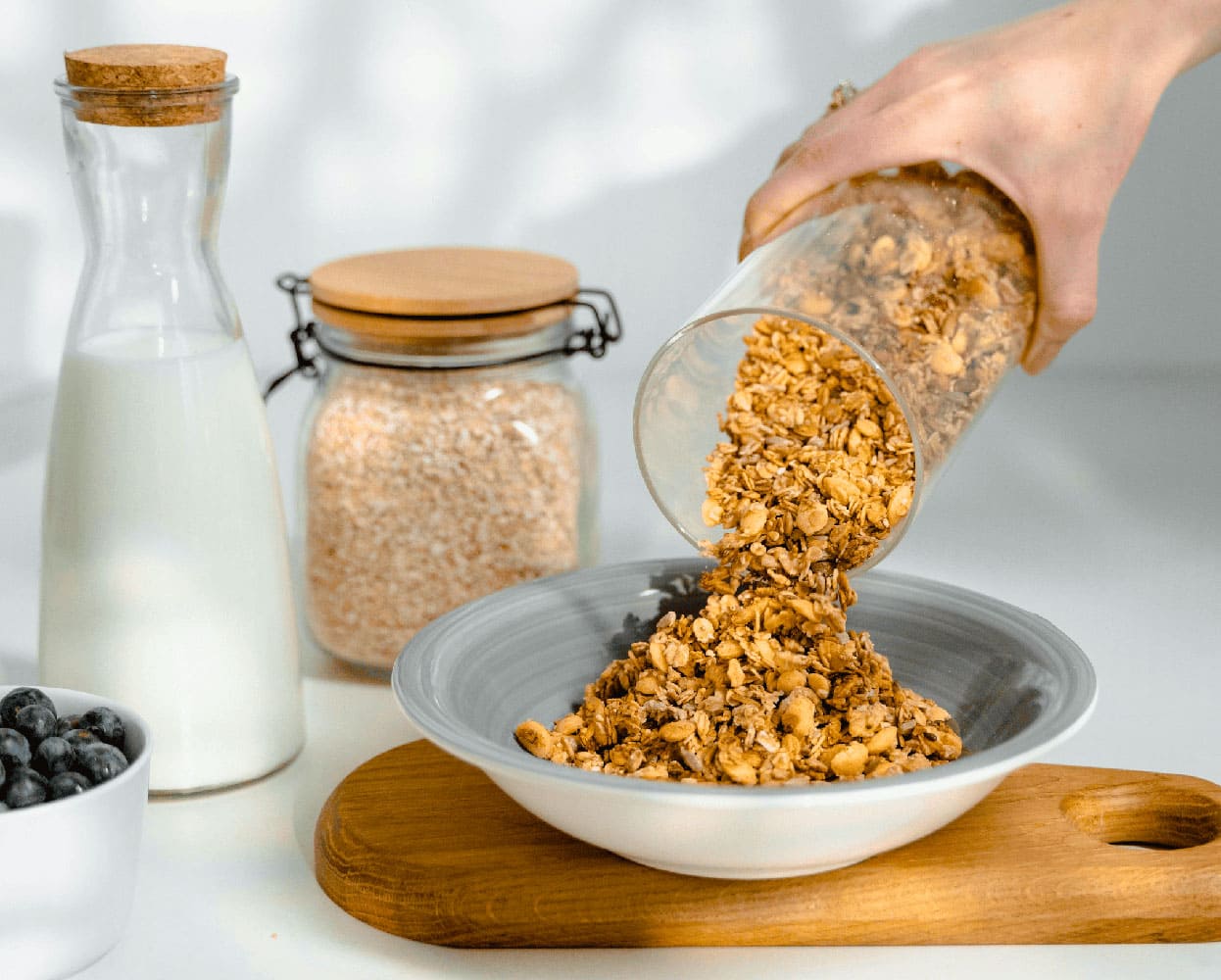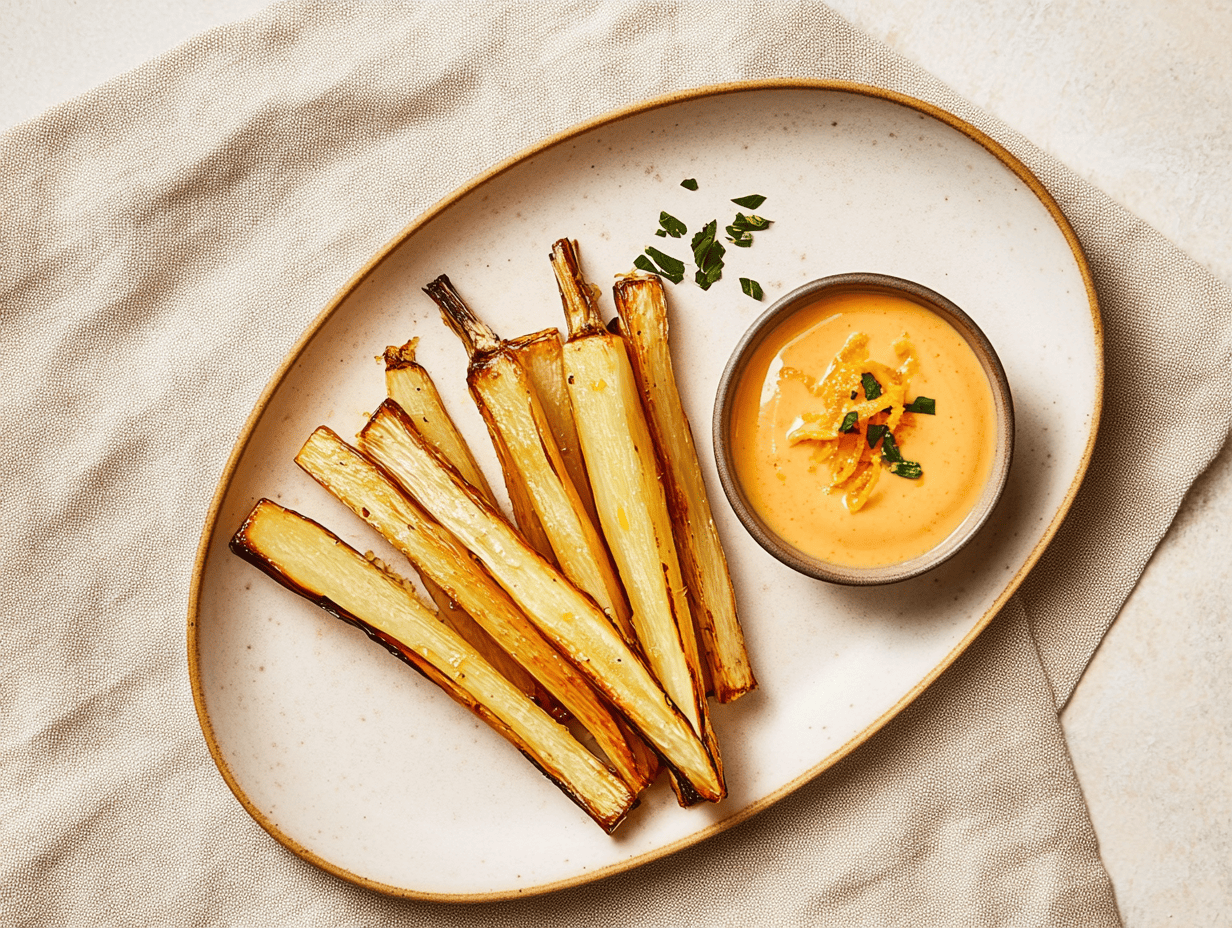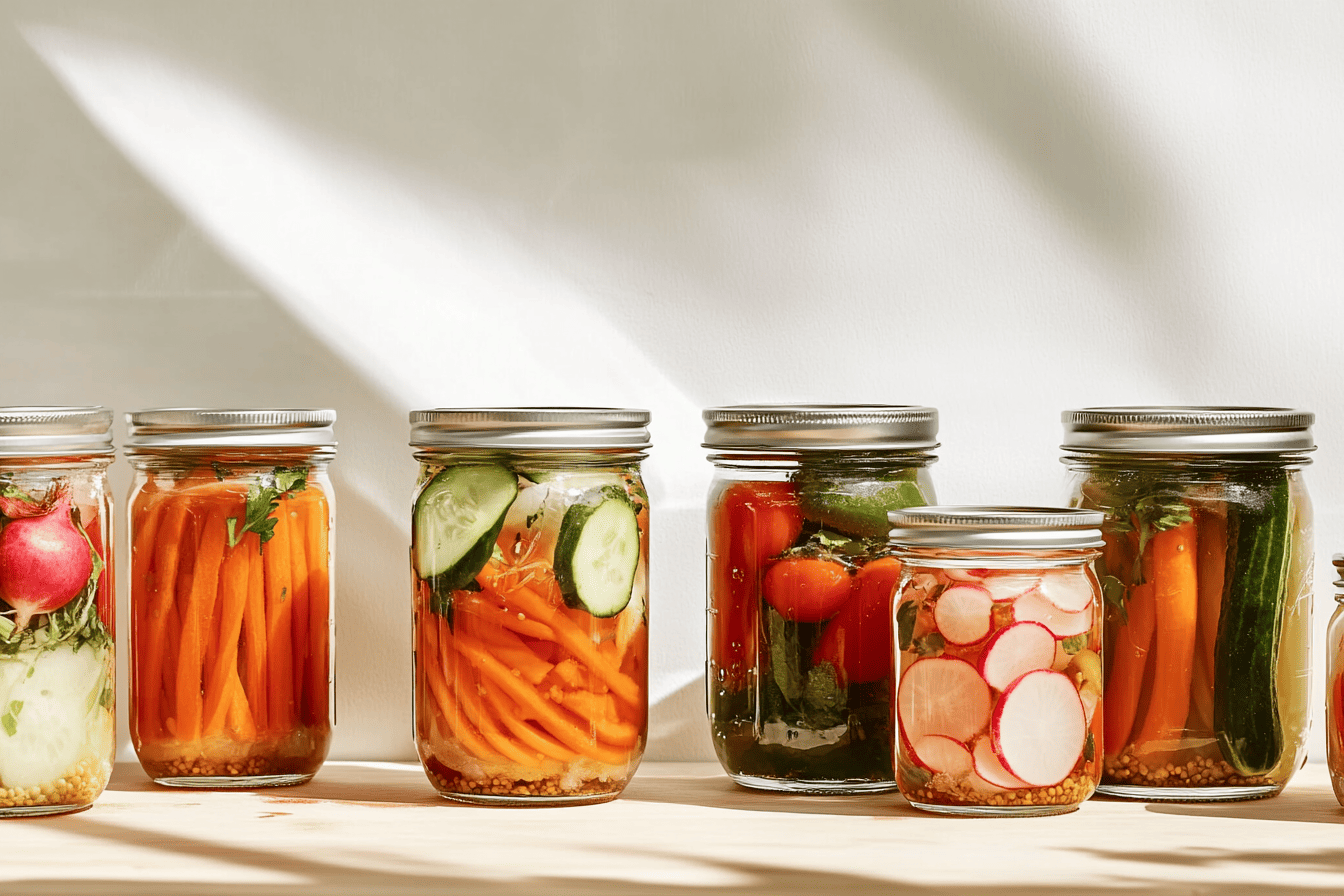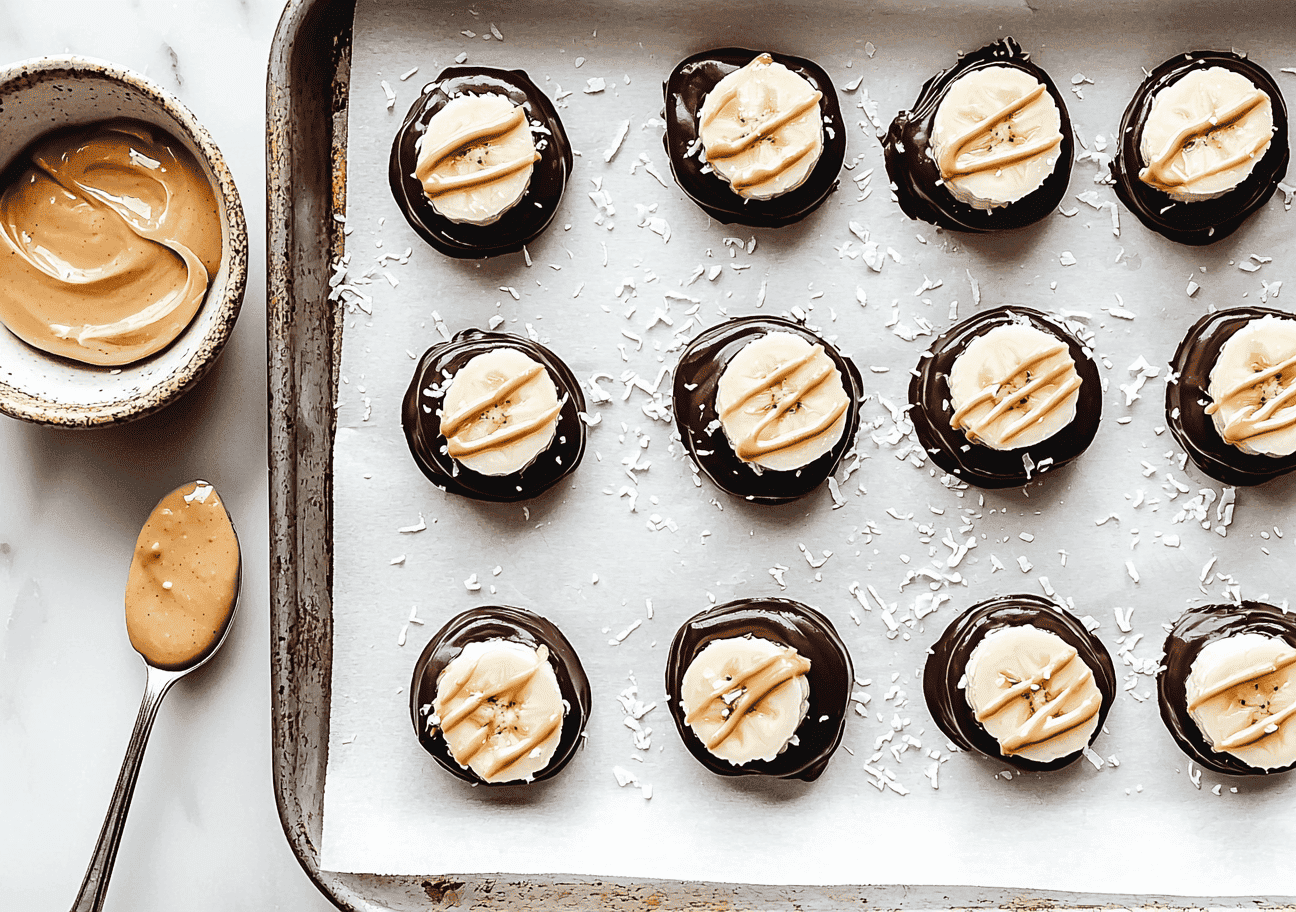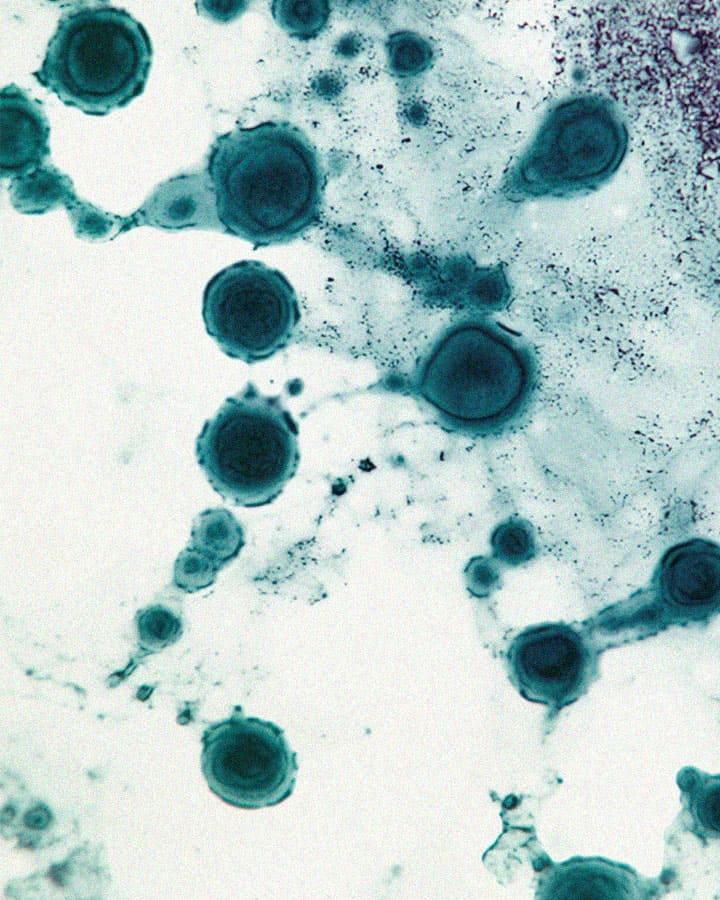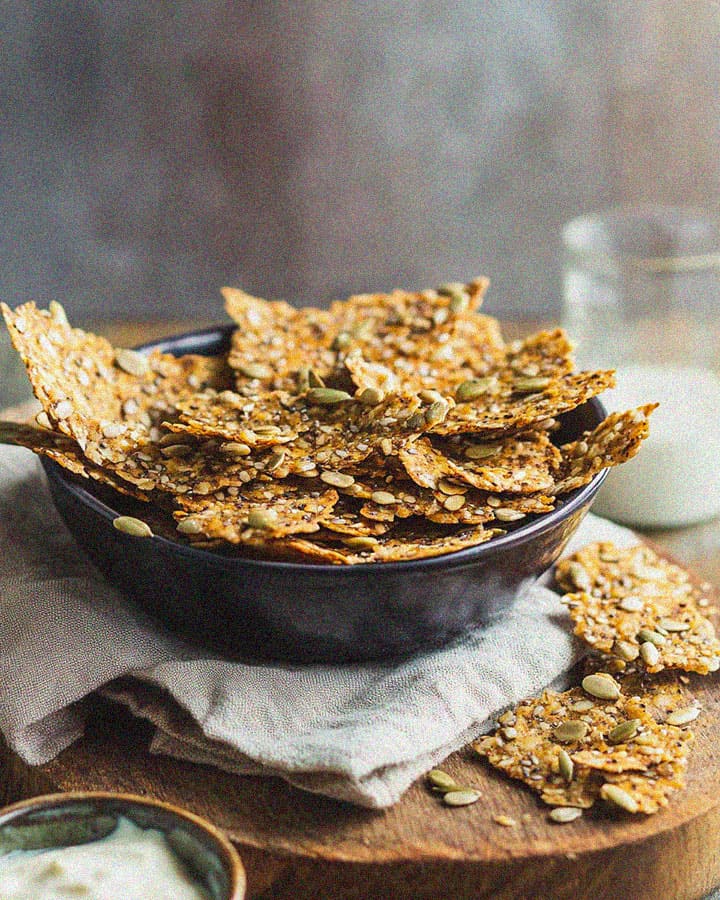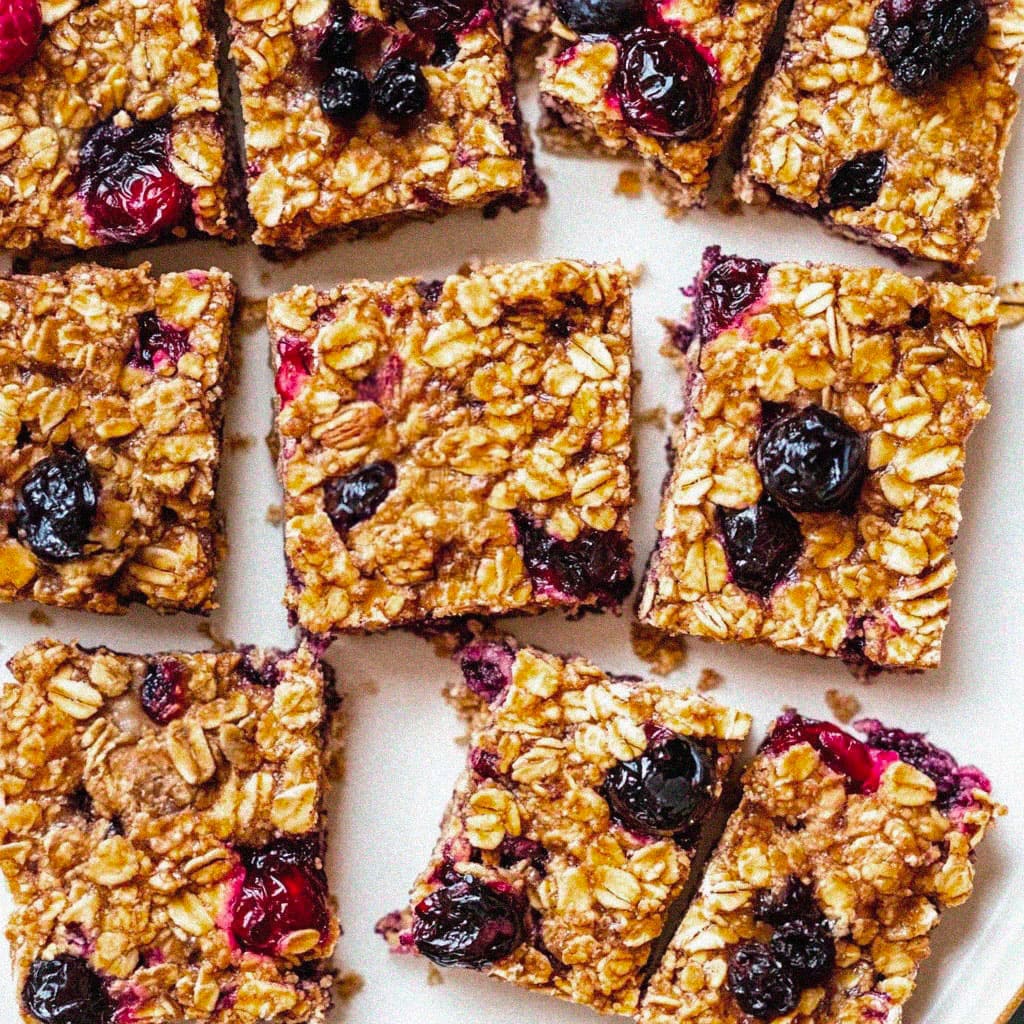Why Fiber is Important
Fiber fuels your gut microbiome, the trillions of microbes living in your digestive tract vital for digestion, immunity, metabolism, appetite regulation, and mental wellbeing. When your gut microbes ferment fiber, they produce short-chain fatty acids like butyrate, which:
- Protect and strengthen your gut lining³
- Reduce inflammation throughout the body⁴
- Help stabilize blood sugar and cholesterol⁵
- Influence appetite control and metabolic health⁶
- Support immune function and even mood stability⁷
Without enough fiber, your gut bacteria starve, leading to impaired health and higher disease risk.
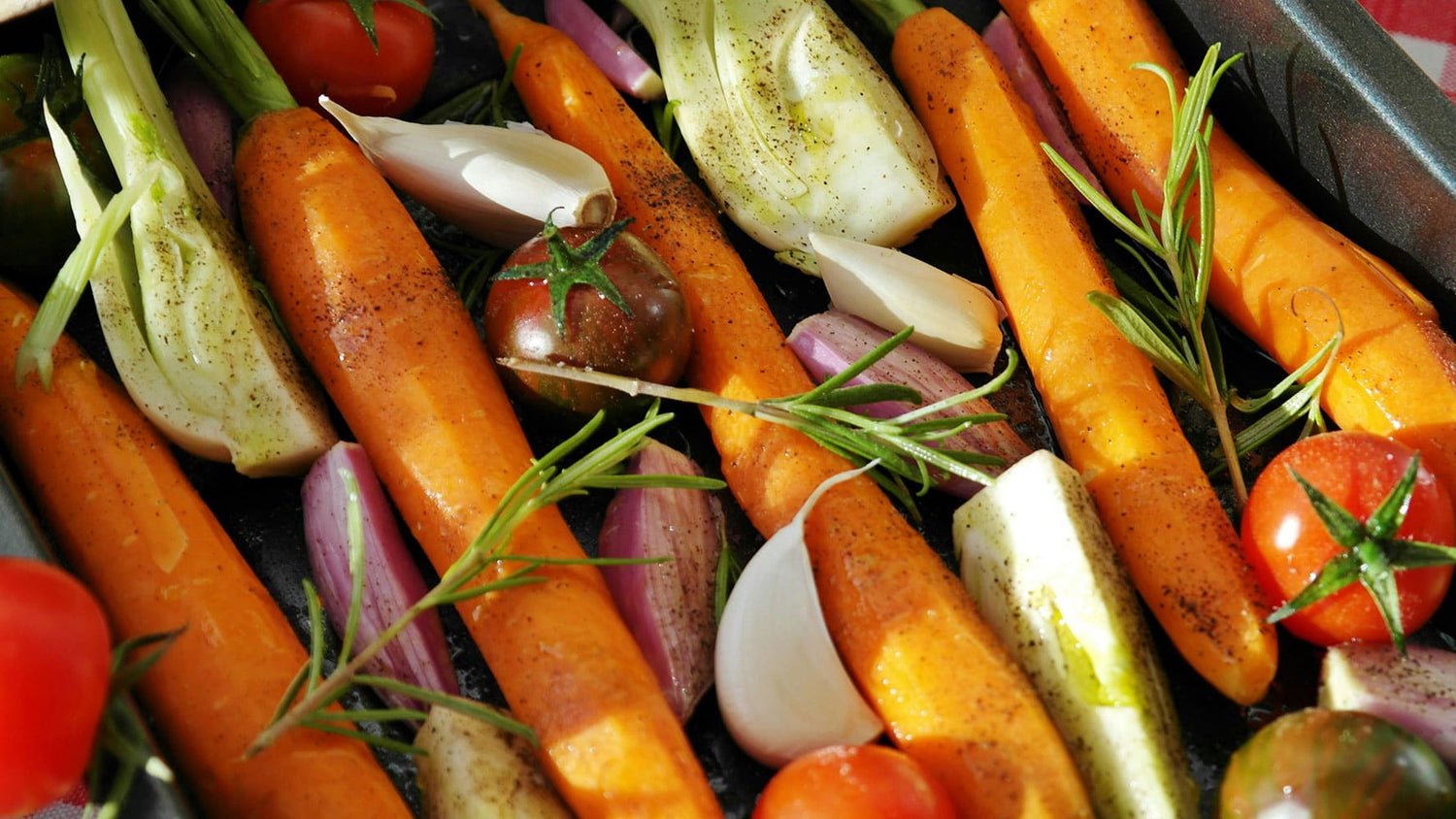
Top 10 Foods With High Fiber Content
While fruits, veggies, and whole grains are great everyday fiber sources, certain foods pack a serious punch to power you past the fiber deficiency:
- Psyllium Husk : ~70 g
- Coconut Flour : ~35 g
- Chia Seeds : ~34 g
- Flaxseeds : ~27 g
- Pumpkin Seeds : ~18 g
- Sesame Seeds : ~17 g
- Sunflower Seeds : ~17 g
- Almond Flour : ~15–17 g
- Hazelnuts : ~15 g
- Pecans : ~15 g
Adding these foods strategically throughout the day, whether in baking, smoothies, snacks, or meals, can close your fiber gap efficiently.
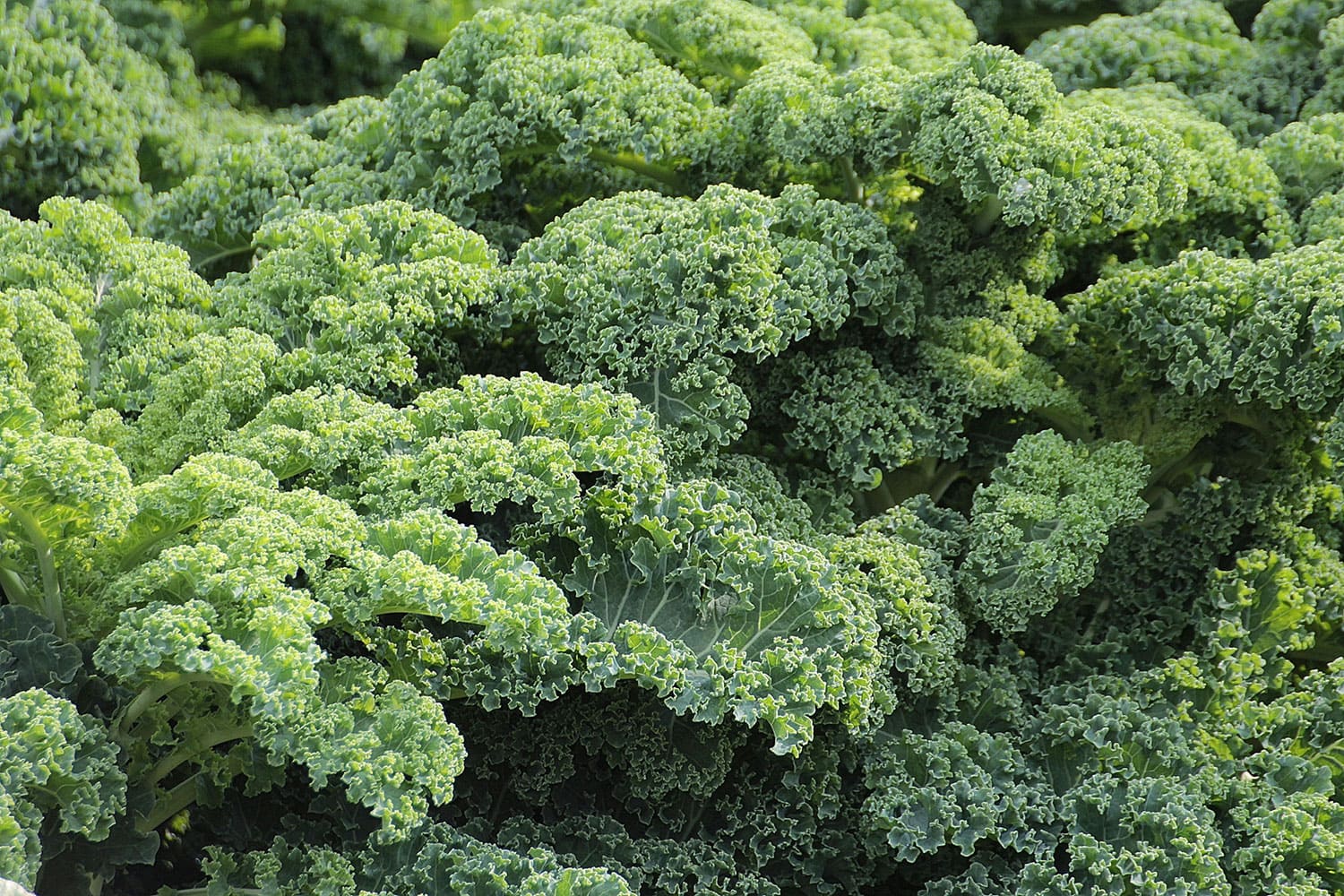
Other High-Fiber Food Highlights
Beyond these powerhouses, many other foods support fiber intake:
- Vegetables: Green peas (6.5g/cup), broccoli (2.1g/cup), Brussels sprouts, sweetcorn, carrots
- Fruits: Raspberries (8g/cup), avocado (5.1g/cup), coconut (5.8g/cup), apples (with skin), kiwi
- Legumes & Beans: Lentils (7.8g/half cup), black beans, chickpeas
- Whole Grains: Bulgur wheat, oats, rye flour, whole-wheat pasta
- Seeds & Nuts: Chia, hemp, sunflower, almonds, peanuts
How Much Fiber Should You Aim For?
Different nations vary slight in recommended doeses.
- Women: 25g/day (U.S.) to 30g/day (U.K./EU)⁸
- Men: 30–38g/day⁹
For comparison, modern hunter-gatherer diets provide more than 100g/day and have highly diverse, healthy microbiomes, highlighting fiber’s importance for gut health.
Practical Tips to Increase Your Fiber Intake
- Add a spoonful of psyllium or chia seeds to smoothies or yogurt.
- Swap white flour for almond or coconut flour in baking.
- Snack on nuts and seeds instead of processed foods.
- Include legumes like lentils and chickpeas in soups and salads.
- Eat fruits with skin and enjoy vegetables prepared various ways.
- Replace refined grains with whole grains like bulgur, oats, or rye.
- Stay well hydrated to support fiber’s digestive benefits.
Can You Eat Too Much Fiber?
Yes, a sudden huge increase or excessive fiber supplements can cause bloating, gas, or constipation. Increase fiber gradually and drink plenty of water to adjust comfortably¹⁰.
Final Takeaway
Most people worldwide aren’t eating enough fiber, but that’s a fixable problem. By choosing nutrient-rich, fiber-packed foods regularly, including the seeds, nuts, and whole food flours above, you can nourish your gut microbes, reduce disease risk, and boost overall vitality¹¹. When your gut thrives, it supports the rest of your body.
